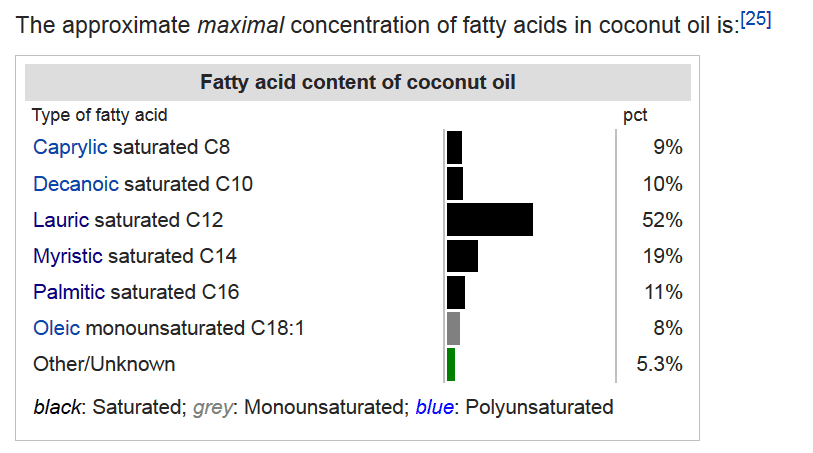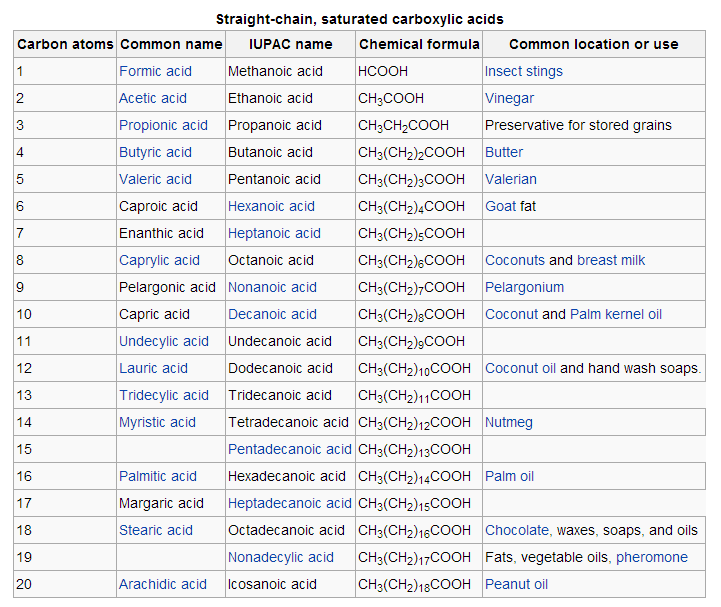burtlancast
Member
- Joined
- Jan 1, 2013
- Messages
- 3,263
Ray mentioned that coconut oil lowers elevated cholesterol back to normal by promoting it’s conversion to pregnenolone.
But how ?
Is it by increasing the availability of glucose to the liver cells, enabling them to convert more T4 to T3 ?
( coconut oil shuts down liver fat synthesis, thus increases the availability of glucose for other processes )
But how ?
Is it by increasing the availability of glucose to the liver cells, enabling them to convert more T4 to T3 ?
( coconut oil shuts down liver fat synthesis, thus increases the availability of glucose for other processes )


